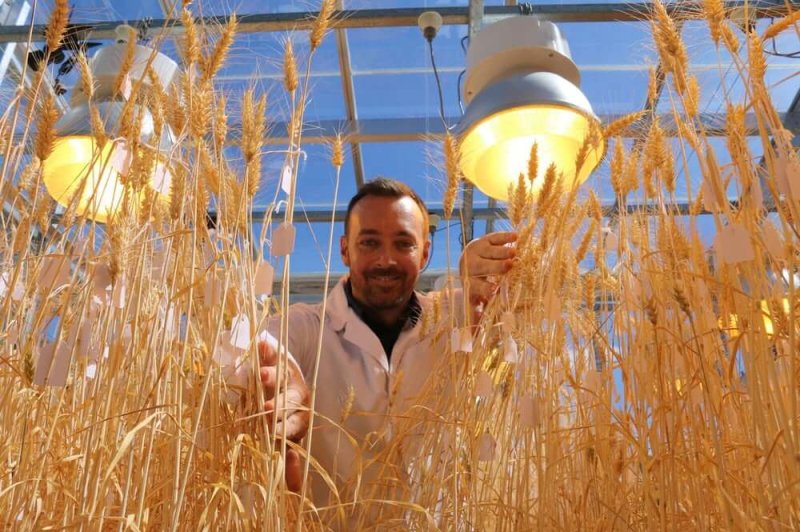Technology first used by the National Aeronautics and Space Administration to grow plants in space is fast-tracking improvements in a range of crops. Scientists at the United Kingdom’s John Innes Centre, Earlham Institute and Quadram Institute, and Australia’s University of Queensland, have improved the technique.
Known as speed breeding, the technique will now work in glasshouses and small growth chambers. The ability to work at those scales enables scientists to breed disease-resistant and climate-resilient crops to feed a growing global population.
…
The latest advances come at a crucial time for European crop development. They follow a decision in summer by the European Union’s Court of Justice; it ruled that crops improved using modern gene-editing techniques should be classed as genetically modified organisms.
Brande Wulff, a wheat scientist at the John Innes Centre and one of the lead authors on the speed-breeder paper, explains European crop research and breeding will become more dependent on speed breeding in light of that ruling.
“Speed breeding allows researchers to rapidly mobilize the genetic variation found in wild relatives of crops and introduce it into elite varieties that can be grown by farmers,” Wulff said. “The European Union ruling that heavily regulates gene editing means we ‘re more reliant on speed breeding to grow sturdier and more resilient crops.”
Read full, original article: Speed-breeding crops inspired by space































